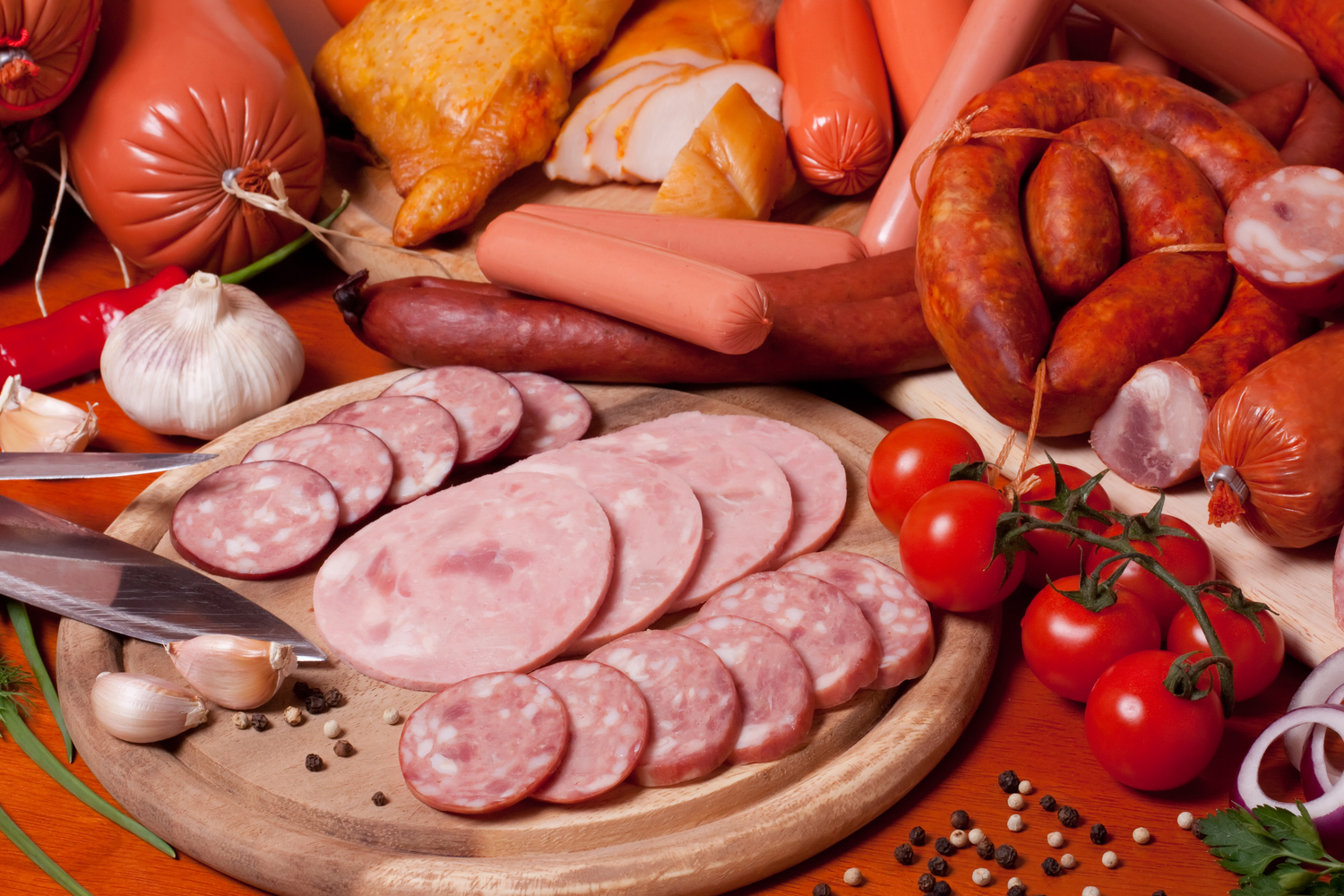
Top Foods to Avoid with IBS
Irritable bowel syndrome (or IBS) can quickly become more than just a mere nuisance if you don’t do your part to manage your symptoms. A big part of managing IBS symptoms is learning and avoiding trigger foods that lead to IBS flare ups. While there is no perfect guide of foods to avoid with IBS (every patient has different food triggers), certain foods often trigger IBS patients more than others so the following guidelines of foods to avoid should provide some relief:
1. Gluten
Food number one to avoid if you are dealing with irritable bowel syndrome is gluten. Gluten is present in a large number of cereal grain type products and is a well known allergen for a large number of people. It can be particularly upsetting an individual with IBS. Do not take a chance and eat foods that are prepared with gluten if you have IBS. Instead, look for signs that the food is grain free or specified gluten free to make absolutely sure that it does not contain even trace amounts.
2. Dairy
Dairy refers to all products containing animal milk (i.e., butter, cheese, cream, etc.). These products can be especially difficult for the IBS patient to process due to specific carbohydrates known as FODMAPs (or fermentable, oligo-, di-, and monosaccharides and polyols), which tend to worsen IBS and cause symptoms of constipation, gas, and stomach pain. This is why there is an increased predisposition of lactose intolerance in individuals who are suffering from IBS.
3. Processed foods
Highly processed foods and artificial preservatives are also on the list of foods to avoid. These are well known to cause digestive problems in people who have otherwise normal healthy digestive systems let alone in people with irritable bowel syndrome. On top of the artificial ingredients (i.e., nitrates) that are linked to IBS flare ups highly processed foods are often high in sugar or fat both of which are known to be inflammatory and can make a gut reaction even worse in a patient who suffers from IBS.
4. Artificial sweeteners
Otherwise known as sugar alcohols, these are molecules which taste sweet but contain zero calories and zero nutritional value. You might think that this is a good thing but unfortunately artificial sweeteners cause more problems than they solve with patients who have IBS. If you do want something sweet and you have IBS, opt for natural sweeteners (i.e., honey, maple syrup, etc.) just do so in moderation.



